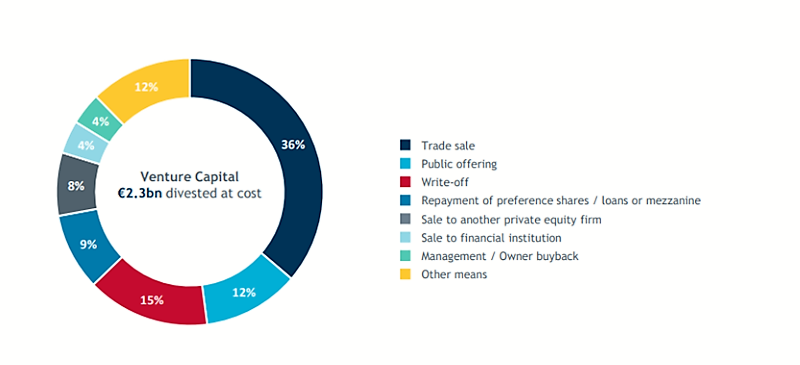What is a Term Sheet?
The term sheet, also known as the investor's proposal, outlines the specifics of the collaboration with a venture capital investor. Each term sheet is unique to the project, company, investor, and investment. However, it is important to note that a term sheet is not a bank loan agreement or a "take it or leave it" set of conditions! While some terms are standard, many are negotiable—and should be negotiated.
Hundreds or even thousands of businesses in the region seeking investment face the question of how to strike a good deal with an investor, protect their interests, and lay the groundwork for a successful “partnership” in the years to come. The process is complex, requiring both parties to reach consensus not only on critical issues like equity ownership or profit sharing but also on many other conditions.
A poorly negotiated agreement can lead to a disadvantageous and demotivating “forced relationship” for years instead of fruitful collaboration.
Many entrepreneurs and business owners inexperienced in transactions tend to judge whether the term sheet is favorable based on one or two parameters—usually equity ownership and company valuation. If the investor demands a high equity stake or sets a low valuation, they label it as a bad deal. While this may seem like a practical approach, the term sheet contains numerous other terms that significantly influence the overall picture and can even tip the scales in a different direction. It’s worth carefully considering which conditions genuinely provide advantages and are negotiable while avoiding unnecessary delays with terms that cannot be negotiated or won’t provide significant benefits.
In addition to determining equity ownership, there are many other factors companies should focus on—but unfortunately, they often neglect these. Let’s take a closer look at these!
